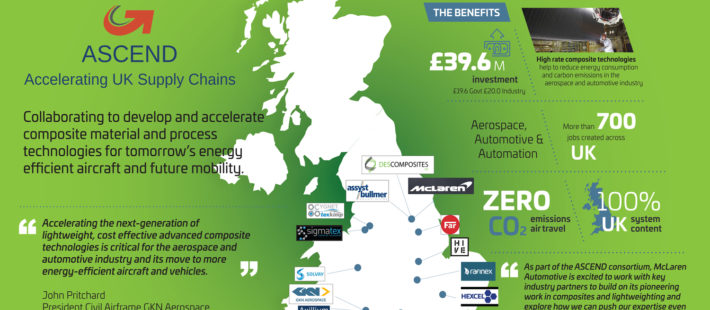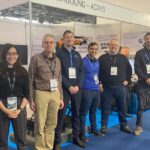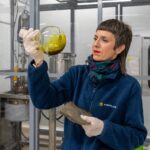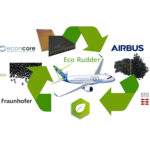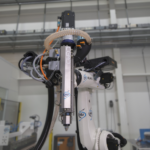GKN Aerospace is leading a new UK industry consortium called ASCEND (Aerospace and Automotive Supply Chain Enabled Development) to develop and accelerate composite material and process technologies for the next generation of energy-efficient aircraft and future mobility.
The project will focus on:
- greater adoption of composite technologies today
- the industrialization of new technologies
- accelerating aerospace production rates to meet future high-volume requirements
The collaboration will help develop technologies from across the UK supply chain to develop the advanced materials and automation equipment required to manufacture lightweight structures for the sustainable air mobility, aerospace and automotive industry.
Partners
13 other project stakeholders joined the consortium created by GNK Aerospace with collaboration and investment support from Axillium Research.
 |
 |
 |
 |
 |
 |
 |
 |
 |
 |
 |
 |
 |
 |
Click here to find out more information about ASCEND partners.
Through a 3-year commitment, the partnership, backed and funded by the UK government, will bring together expertise, capabilities and resources from across the wider UK aerospace and automotive supply chain.
In this way ASCEND will strengthen the UK’s position as a technology leader in future lightweight structures and help to reduce energy consumption and carbon emissions in the aerospace and automotive industry.
John Pritchard, President Civil Airframe GKN Aerospace
“GKN Aerospace has deep knowledge and expertise in composite technology and we are proud to lead this consortium. Accelerating the next generation of lightweight, cost-effective advanced composite technologies is critical for the aerospace and automotive industry and its move to more energy-efficient aircraft and vehicles. Ensuring we can not only develop these technologies but also manufacture them at a high-rate across the UK supply chain, will maintain our position as an industry leader and underpin our commitment to sustainability. Combined with the Aerospace Technology Institute, which is providing vital support for the UK’s position on the next generation of aircraft, we will be able to deliver breakthroughs in technology as well as benchmark levels of price, quality, and repeatability”
 |
Subscribe now to our quarterly Compositi newsletter
|


